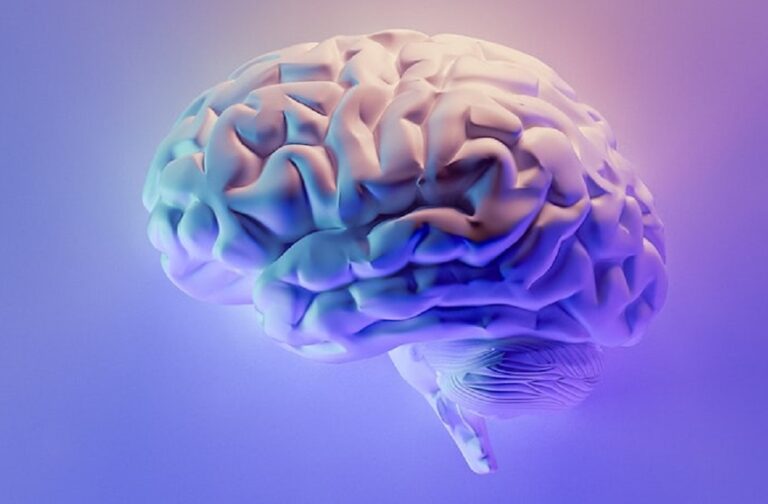China: Scientists have found that intermittent fasting leads to significant changes both in the gut and the brain, which may open up new options for maintaining a healthy weight.
Chinese researchers conducted a 62-day study on 25 obese volunteers who were enrolled in an intermittent energy restriction (IER) program, which entails careful calorie restriction and occasional fasting.
In addition to losing an average of 7.6 kilograms (16.8 pounds), or 7.8 percent of their body weight, the study participants also showed changes in the composition of their gut flora and in the activity of brain regions linked to obesity.

“Here we show that an IER diet changes the human brain-gut-microbiome axis,” health researcher Mr. Qiang Zeng from the Second Medical Center and National Clinical Research Center for Geriatric Diseases in China remarked.
“The observed changes in the gut microbiome and in the activity in addiction-related brain regions during and after weight loss are highly dynamic and coupled over time,” Mr. Zeng observed.
Functional magnetic resonance imaging (fMRI) scans revealed the alterations in brain activity in areas such as the inferior frontal orbital gyrus that are known to play a significant role in the regulation of appetite and addiction.

“The gut microbiome is thought to communicate with the brain in a complex, two-directional way,” Ms. Xiaoning Wang from the State Clinic Center for Geriatrics in China said.
“The microbiome produces neurotransmitters and neurotoxins which access the brain through nerves and the blood circulation. In return the brain controls eating behaviour, while nutrients from our diet change the composition of the gut microbiome,” Ms. Wang added.
It is currently estimated that over a billion people globally are obese, which increases the risk of a wide range of illnesses, including heart disease and cancer. Gaining further insight into the mutual dependence of our brains and guts may be crucial to effectively preventing and treating obesity.



